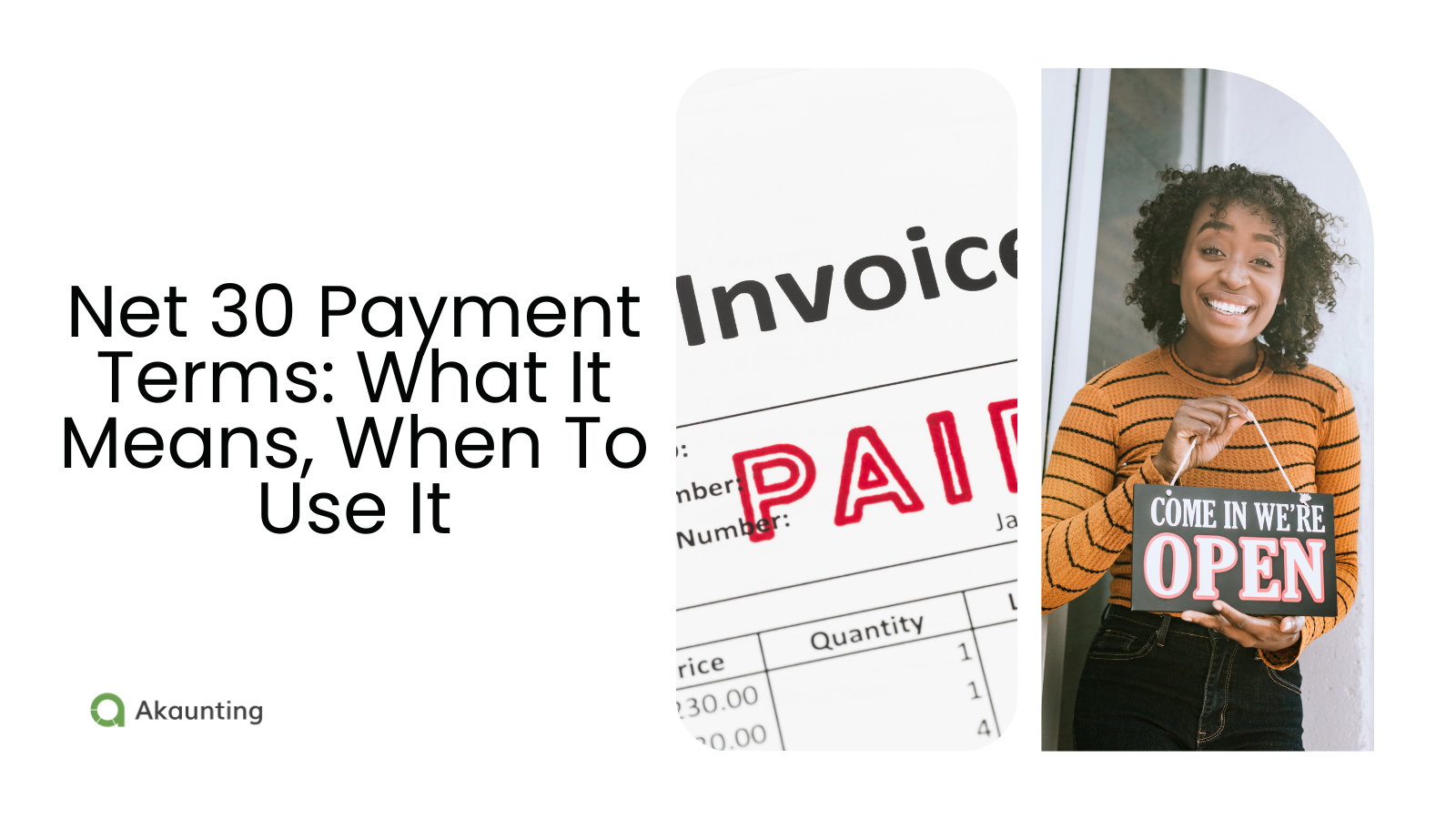What Is Bookkeeping?
Reading Time: 4 minutesSome of the common questions about bookkeeping are: What is bookkeeping? How does it work? Who is a bookkeeper? How much does bookkeeping cost?
In this article, we will answer the above-listed questions to give you a broader understanding of bookkeeping.
While both share similarities, they are different.
You can read the difference here: Difference between bookkeeping and accounting.
Let’s get into discussing:
- What is bookkeeping?
- How to do bookkeeping?
- Who is a bookkeeper?
- What does a bookkeeper do?
- Why is bookkeeping important for a small business
What is bookkeeping?
Bookkeeping is the process of keeping organized records of your business’s financial transactions, such as income and expenses.
It helps you keep track of your business’s financial performance with insights that better support informed decisions on managing resources.
Examples of records bookkeeping captures are invoices, purchase orders, receipts, bills, debts, etc.
How to do bookkeeping?
Below are steps to keep accurate records of your finances – accounts payable, accounts receivable, liabilities, petty cash, and assets.
- Collect all financial documents
- Create a chart of accounts
- Record financial transactions
- Make adjustments
- Prepare financial statement
Collect all financial documents
The first thing to do in bookkeeping is to collect all your financial documents, such as invoices, bills, receipts, bank statements, payroll records, and other documented transactions.
Create a chart of accounts
You need to create a chart of accounts with a list of all your documented business transactions categorized into income and expenses. Categories could be taxes, insurance salaries, supplies, rent, etc.

Record financial transactions
This is where you enter details of the transactions—date, amount, and description—into a journal entry or general ledger. You should assign records to the correct category to avoid accounting errors.
Make adjustments
After recording financial transactions, it’s necessary to adjust the financial records to reflect the business’s financial activity accurately.
Please ensure that the debit and credit account records are equal and without errors.
Any difference in the total balances indicates missing records, which you should sort out before transferring them to the official financial statements.
Learn about making adjustments to the Trial balance.
Prepare financial statement
When you have made all necessary adjustments, you prepare financial statements—such as the balance sheet, income statement, and cash flow statement.
The financial statement summarizes the business’s financial performance and helps you with insights for informed decision-making.
You could prepare the statement yourself using accounting software or hire a bookkeeper.
Who is a bookkeeper?
A bookkeeper records your business or organization’s financial transactions – petty cash, purchases, sales, payroll, revenue, expenses, and other transactions.
This could handle tasks such as entering data into accounting software, reconciling bank statements, and preparing financial reports.
Bookkeepers ensure that financial records are accurate and up to date. They may also be involved in budgeting, forecasting activities, tax preparation, and supporting the accounting department.
What does a bookkeeper do?
If you are planning on hiring bookkeeping services, it’s best first to understand why you need a bookkeeper and a bookkeeper’s responsibilities.
- Data entry: Recording daily financial transactions in and out of the company and ensuring the balancing of books.
- Reporting: Generate financial reports that inform you of the business’s financial position.
- Records accuracy: Maintain and monitor financial records for accuracy.
- Transactions reconciliation: Match and reconcile transactions with bank statements and other sources.
- Follow-up Accounts receivable: Create and send invoices. Follow up with customers with reminders for quick payment and maintain a healthy cash flow.
- Payroll: Manage the payroll process by calculating employee payments and deductions.
Bookkeepers may also help with…
- Tax filing
- Accounting period reports
- Meeting with accountants on behalf of clients.
- Creating business strategy
- Training employees on the use of software solutions.
So,
Why is bookkeeping important for a small business?
Some of the reasons bookkeeping is essential to business owners are:
- Record keeping
- Financial tracking
- Tax Preparation
- Budgeting
- Informed decisions
Record Keeping
Keeping track of your important financial documents, such as receipts, invoices, and contracts, is necessary during an audit, tax authorities, or legal issue.
Financial tracking
Bookkeeping helps a small business owner track ad keep accurate records of financial transactions.
This shows how much money is coming in and going out of your company and helps you identify potential issues or areas for improvement.
Tax Preparation
For small business owners seeking tax deductions, having accurate records of financial transactions can help in tax preparation.
It provides the necessary information to complete your tax returns.
Business owners can then present those documents to an accountant for submission. The average CPA salary relies heavily on the rush of tax season, while bookkeepers are kept busy year-round.
Check out the Tax deduction cheatsheet for small businesses.
Budgeting
When you keep track of your financial transactions, it’s easy to create and monitor budgets that optimize expenses for healthy business cash flow.
Check out: Managing business expenses: the importance of making budgets.
Informed Decisions
Accurate income, expenses, and revenue records can provide valuable insights for informed decisions that affect your business’s future.
Potential investors or financial institutions can also use the records to understand the ıf the company is in a good financial position for loans or investments.
Final thoughts!
As a business owner, bookkeeping is essential and should be addressed.
Often, small businesses focus on growing, improving sales, and expanding operations but must remember to keep accurate records of transactions.
Bookkeeping shouldn’t take the backseat in your business operations. As stated earlier, it is vital to your company’s success.
Frequently Asked Questions
What Is double-entry bookkeeping?
- Double-entry bookkeeping is an accounting method of recording transactions in at least two accounts as a debit or credit. In a double-entry system, the debit amount must equal the credit amount.
How to start a bookkeeping business
- Determine your target market
- Develop a business plan
- Consider obtaining formal education or certification in bookkeeping or accounting—also, courses in software programs.
- Set up your business
- Choose accounting software that meets the needs of your business and your clients.
- Promote your business accounting or bookkeeping practice.
What is full charge bookkeeping?
- Full charge bookkeeping involves a bookkeeper performing accounting and bookkeeping duties for small or medium-sized businesses. The term “full charge” means that these bookkeepers manage the business’s accounting needs – maintaining the business ledger, preparing financial statements and tax returns, recording complex transactions, and processing timesheets and payroll.
How much does bookkeeping cost?
- Bookkeeping is estimated to cost between $30/hr and $90/hr. Accounting work completed by a CPA ranges between $150/hr to $450/hr.




